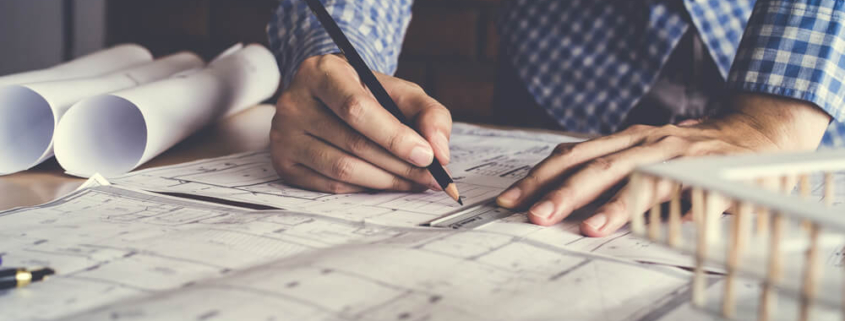When to Seek Variances and Nonconformities for Land Use in Maryland
If you have a vision in mind for a piece of land, but that vision conflicts with how the land is zoned, you may be interested in seeking a variance. In Maryland, each county sets its own processes for variances and nonconforming buildings, but the general processes and requirements are similar. Learn more about these terms and how they apply to your projects.
When exploring different options for your land, it’s helpful to work with an experienced land use attorney. Call Evans Law at 410-626-6009 to find out how we can help you.
The Basics of Land Use
When a city or region is being planned out, municipalities look at how they want the property to be developed and what type of character they want an area to have. A residential area is unlikely to have industrial or commercial lots, as those structures would disrupt the feel of the neighborhood and residents’ enjoyment of it. However, there is nuance in land use, and there are circumstances that give good reason to divert from the original plan. That’s when a variance may be a valid solution.
What is a Variance?
Simply put, a variance is a request to use land in a way that it is not currently zoned for. It does not change the character of the neighborhood or the zoning requirements for other lots—it is just a one-time exception to the overall plan.
However, variances are not guaranteed. If you want a variance, you will need to prove that you have good reason to request it and that, if granted, it will not have a negative impact on the properties around it.
Consider, for example, someone who owns a residential home. They want to convert their home into a quick-service coffee shop. Since this type of business would draw considerable traffic and require a lot of parking, it would substantially change the character of the neighborhood and others’ enjoyment of it. It’s unlikely that a variance would be granted.
On the flip side, consider a neighborhood that has changed over the years. While it was once solely residential, a growing number of properties have been granted variances that allow them to operate as commercial properties.
A number of the original homes have been remodeled on the inside to serve as medical offices, law firms, and accounting firms. A homeowner decides to convert their home into a professional services building. Their proposed use would be in line with what the neighborhood is currently like and would not affect other property owners. In this situation, it’s more likely that a variance would be granted.
Nonconforming Structures
As noted above, neighborhoods and cities change over time. When this occurs, new zoning ordinances will likely take effect. However, it’s not reasonable to expect current property owners to change the use of their land in line with new ordinances. These properties become nonconforming structures that are permitted to operate that way because they are essentially grandfathered in.
There are limits to nonconforming structures, so it’s important to consult the regulations in your municipality. Generally, a property must be in continuous use in order to qualify for non-conforming use.
For example, a business that has existed for decades is now surrounded by homes. However, since it existed before zoning ordinances forbidding businesses, it is allowed to continue. Subsequent buyers also benefit from this status as long as the property is in continuous use. If the property sits dormant for an extended period of time, the permission for nonconforming use may be revoked.
There is substantial nuance in these laws and how they are applied, and it’s crucial to understand your obligations and rights before you begin investing too much time and money into a project. Consulting a real estate attorney is one way to ensure that you are getting the necessary permits before beginning work on a project.
Reach Out to Evans Law Today
Evans Law offers real estate legal services throughout Maryland, helping property owners like you navigate land disputes. If you’re wondering if a variance is an option for you or if your property qualifies for nonconforming land use, let’s sit down and talk. Call us at 410-626-6009 or reach out online to get started.





